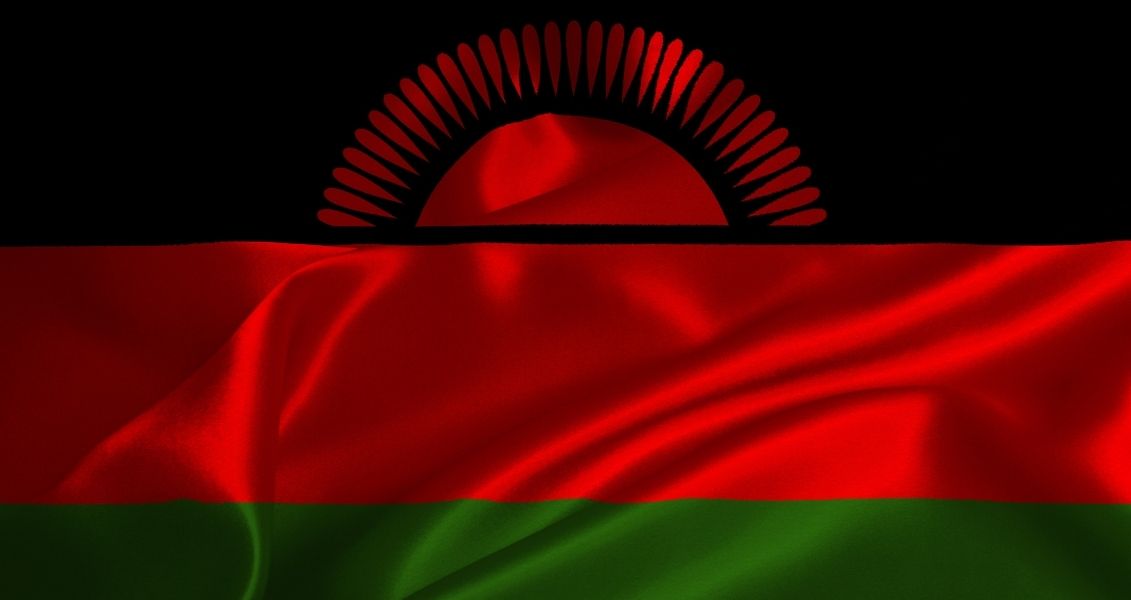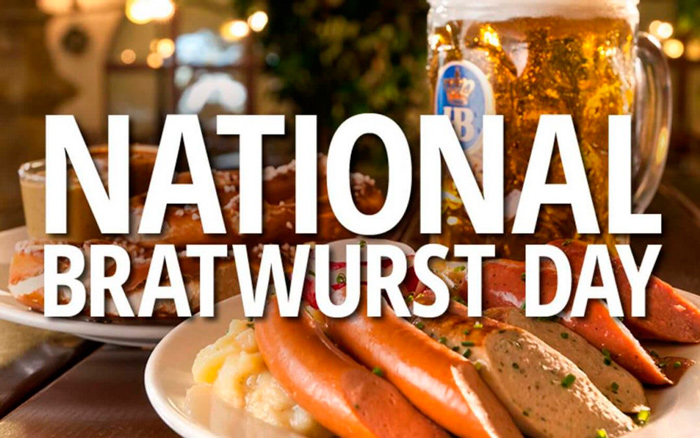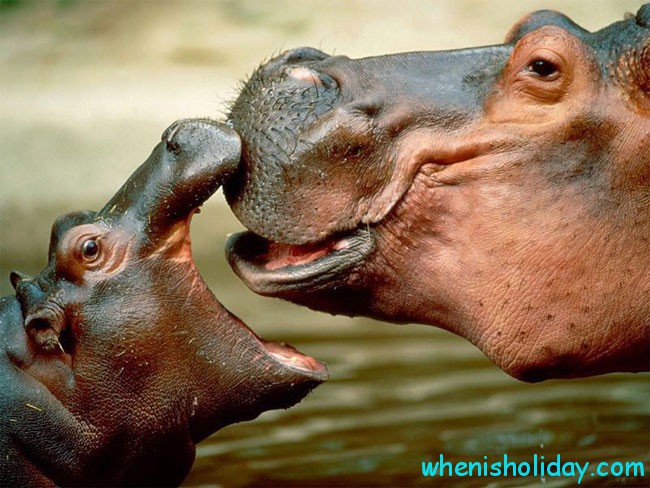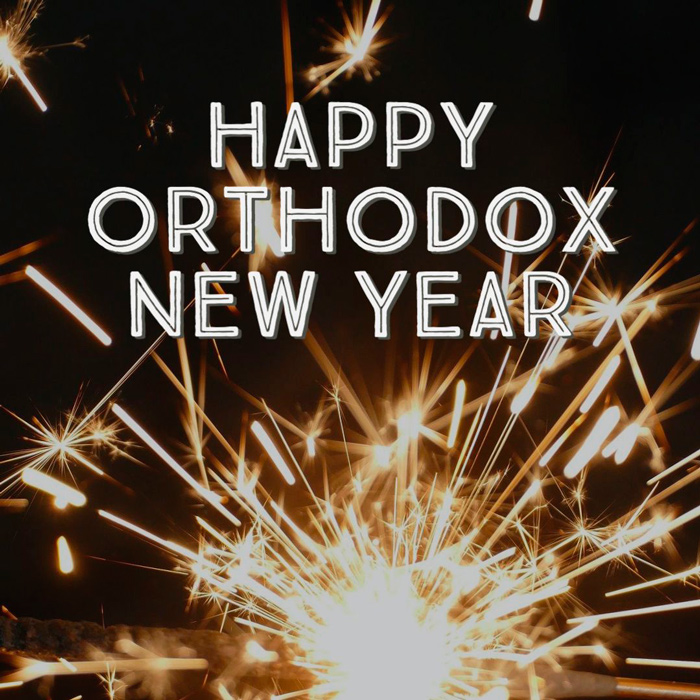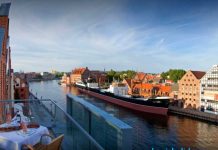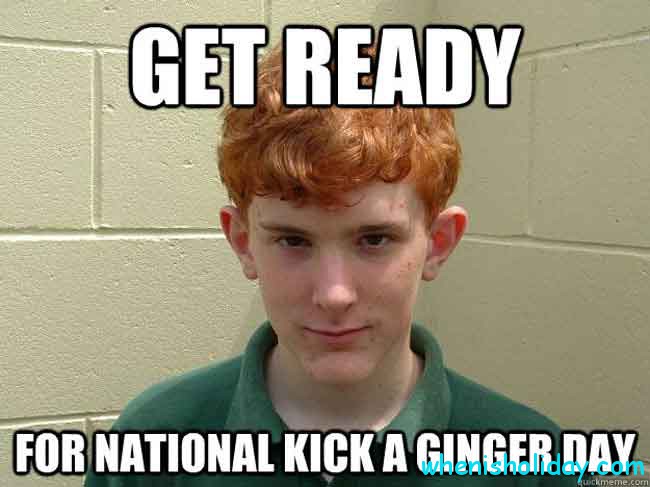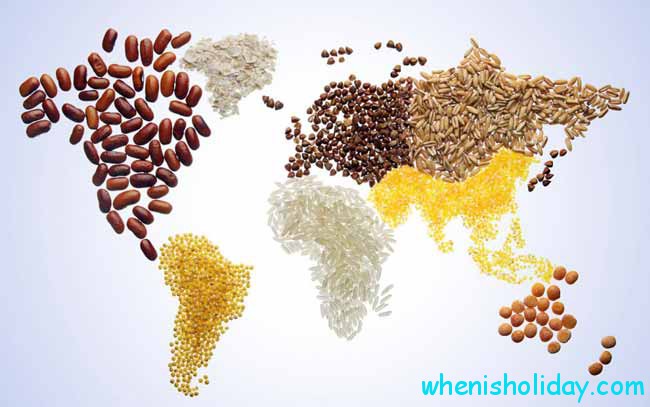Malawi Republic Day
The night of July 5-6, 1964 was a turning point for the people of Malawi – the country took a decisive step towards sovereignty. Before independence, the country was called Nyasaland.
The Portuguese opened the Malawian empire to Europe in the 16th century. They established trade relations with the Cheva people, who at that time inhabited the lands in the southeast of Africa. Local residents received various goods from the newcomers in exchange for slaves for agricultural work on the foreigners’ plantations in Brazil and Mozambique.
In the middle of the 19th century British explorers arrived in Nyasaland and, despite Portuguese commercial interest in the area, quickly took control of it. In 1889, Great Britain declared a protectorate over the Shire Highlands, extending it in 1891 to Malawi, which in 1893 was renamed the protectorate of British Central Africa.
The beginning of the 20th century was marked by a number of uprisings against the colonialists, the largest of which took place in 1915.
In 1944, the first political organization was created, the members of which were Africans, and in 1961, a constitution was adopted, according to which they got the right to vote in elections. At the beginning of 1963, internal self-government bodies began to operate in the country.
On July 6, 1964, Hastings Banda, the leader of the liberation movement, was elected head of state, and Malawi was declared a sovereign state.
